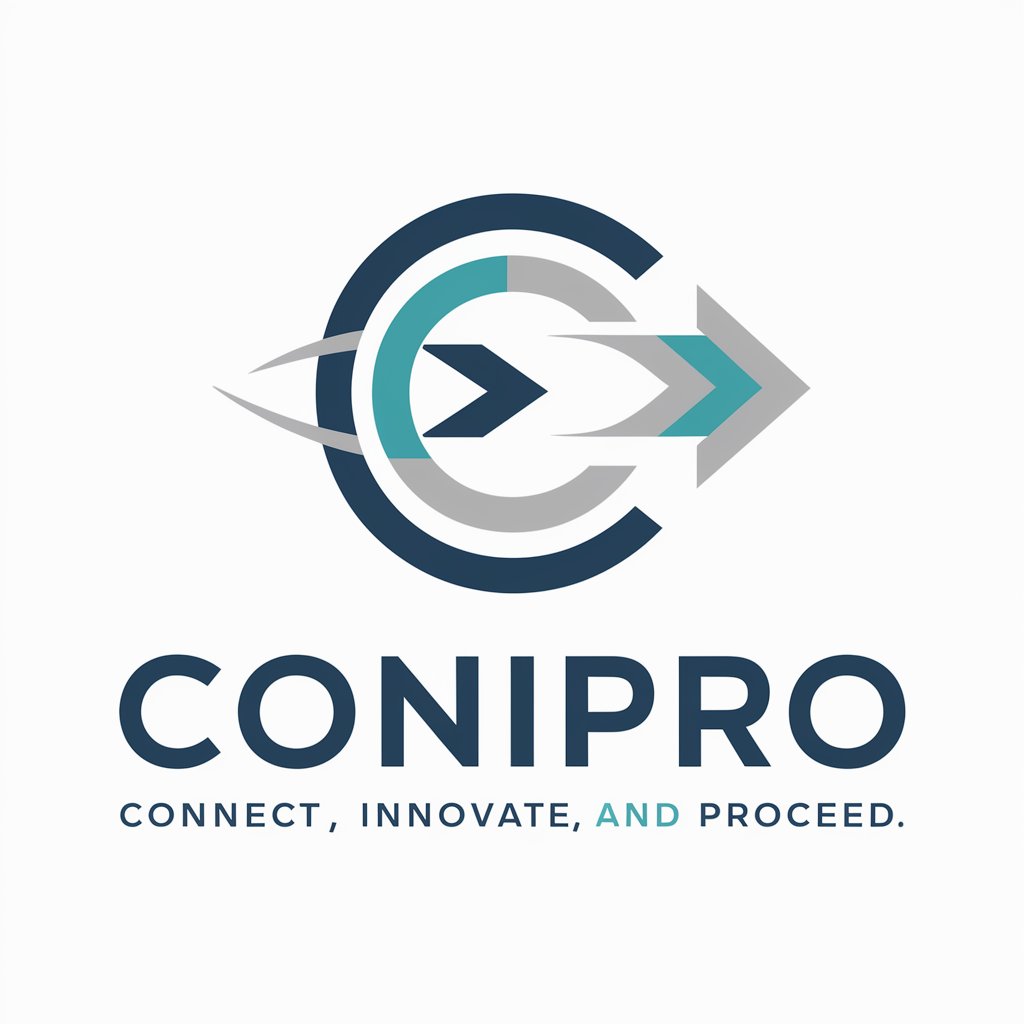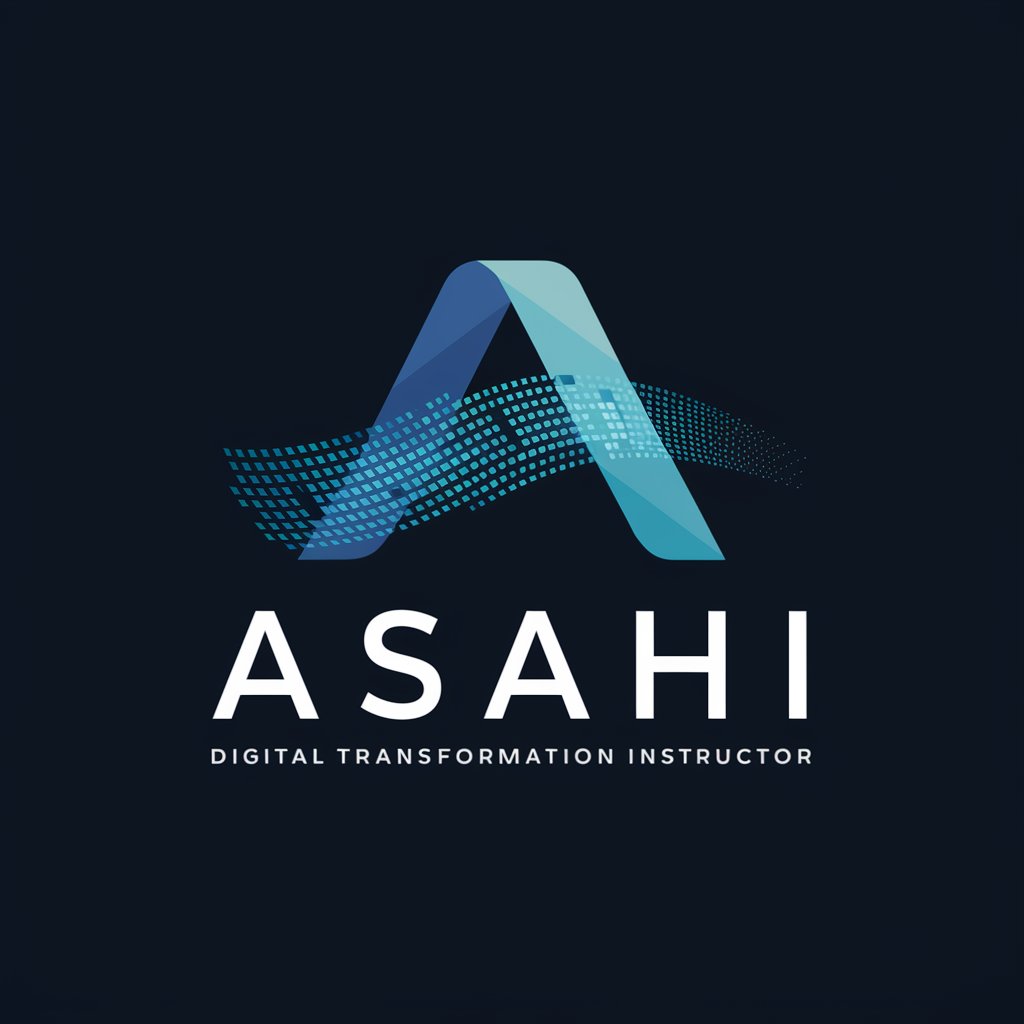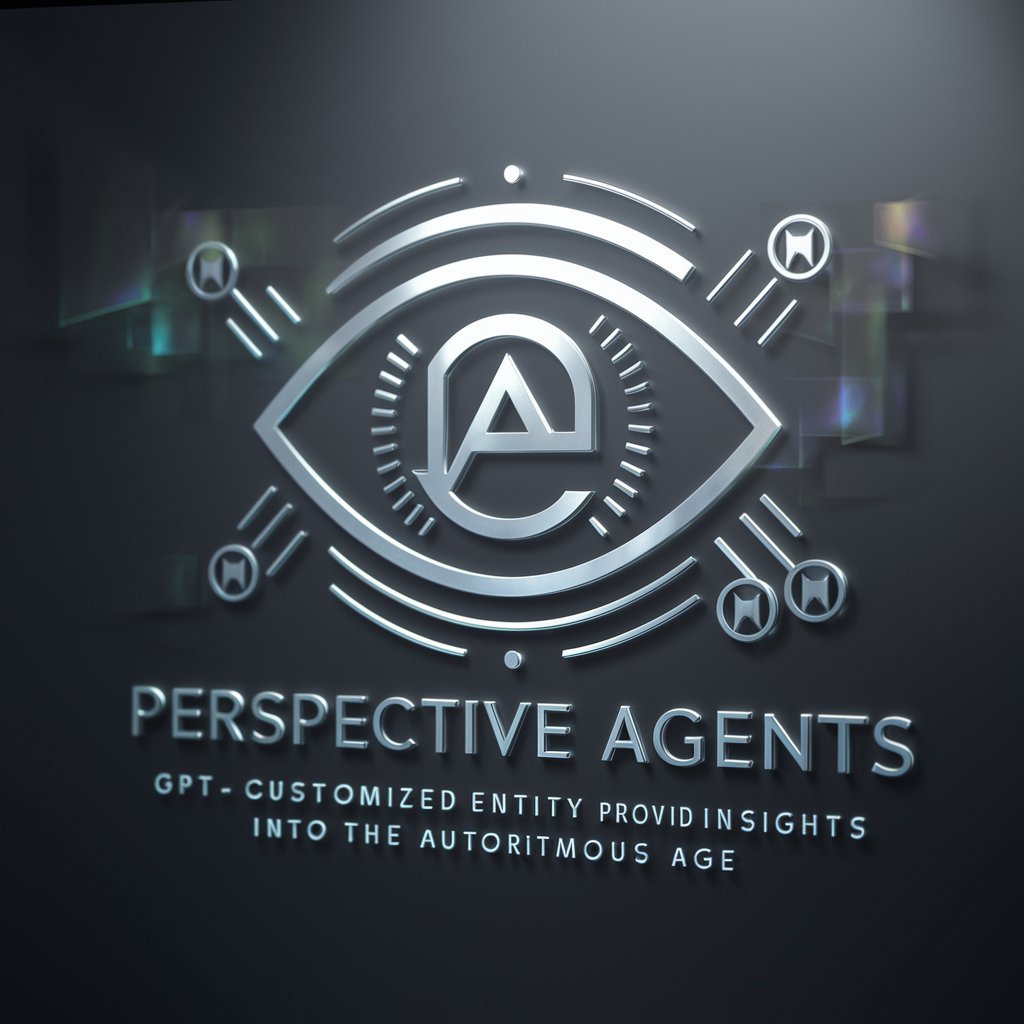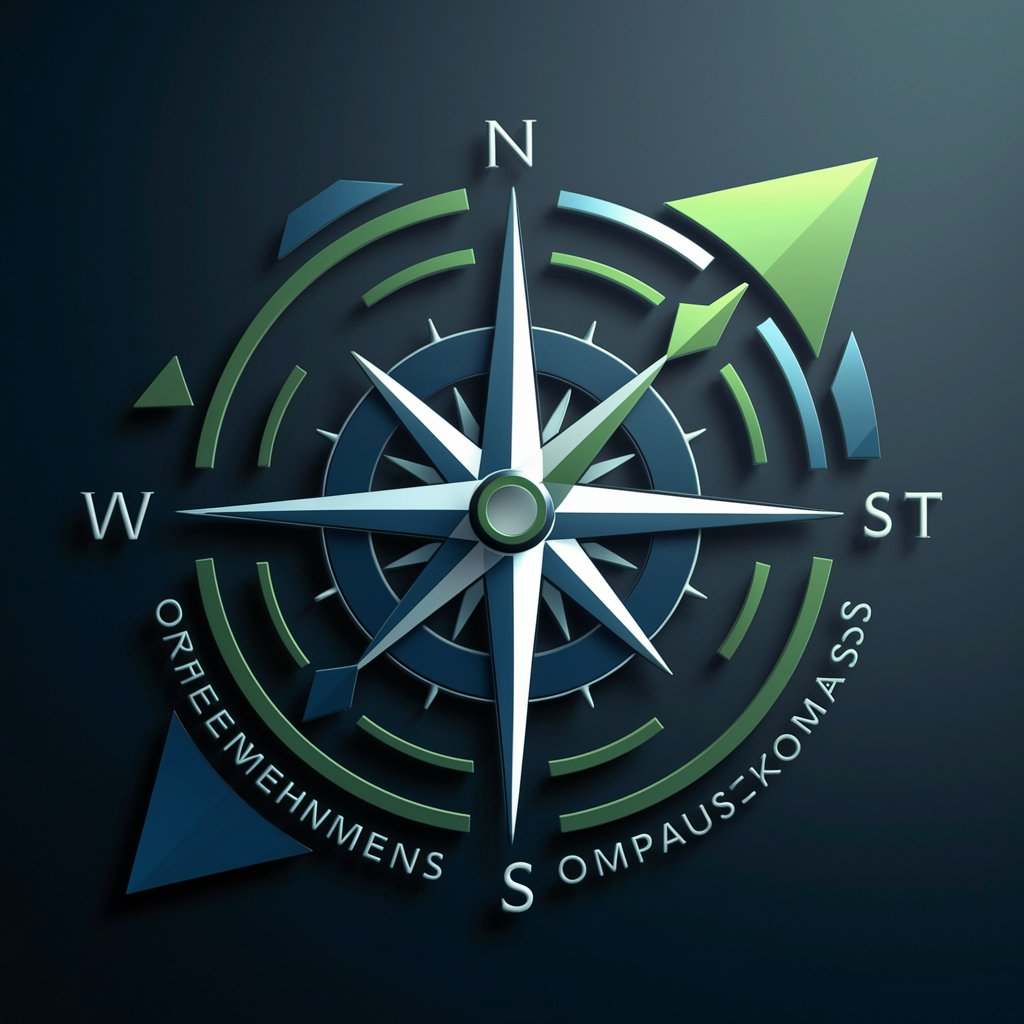19 GPTs for Business Transformation Powered by AI for Free of 2026
AI GPTs for Business Transformation refer to the application of Generative Pre-trained Transformers in the domain of business improvement and restructuring. These tools are engineered to assist businesses in navigating the complexities of digital transformation, leveraging AI's power to automate processes, enhance decision-making, and foster innovation. By understanding and generating human-like text, GPTs offer tailored solutions for a wide range of business challenges, from customer service automation to strategic planning and analysis.
Top 10 GPTs for Business Transformation are: ArchiMate Architect,Boardroom Advisor,Ask me about Andrew,Resume of Kukuh TW,Accenture,ConiBeat,MaDVisor,DX講師 あさひ,Perspective Agents,Pitch GPT
ArchiMate Architect
Crafting architecture with AI precision

Boardroom Advisor
AI-Powered Strategic Business Guidance

Ask me about Andrew
Decipher the Leadership Code with AI

Resume of Kukuh TW
Transforming Ideas into AI-Driven Solutions

Accenture
Innovate and Transform with AI

ConiBeat
Empowering Change with AI Insight

MaDVisor
Empowering Business Evolution with AI

DX講師 あさひ
Empowering DX Success with AI Insights

Perspective Agents
Illuminating the Autonomous Age with AI

Pitch GPT
Elevate Your Pitch with AI

永續思維轉型GPT
Empower Your Business with AI-driven Sustainability

Blue Ocean Ideation
Crafting New Markets with AI Power

Blue Ocean Strategic Consultant
Navigating towards untapped markets with AI

Technology Advisor
Empowering businesses with AI-driven tech advice.

Wolfe Strategic GPT
Empower Decision-Making with AI

LiquidData
Empowering Businesses with AI

Unternehmenskompass
AI-Powered Business Strategy Advisor

Business Model Canvas by VCMO
Strategize, Innovate, and Grow with AI

Consultor Estratégico
Strategize with AI, Transform with Insight

Distinctive Attributes and Functionalities
AI GPTs for Business Transformation are characterized by their adaptability, allowing for customization across various business needs. Key features include advanced natural language processing for understanding and generating complex business documents, predictive analytics for strategic planning, automation capabilities for operational efficiency, and the ability to integrate with existing business systems. Specialized functionalities may also encompass industry-specific knowledge, multilingual support, and the capability to generate insightful data visualizations and reports.
Intended Users of AI GPT Tools
The primary users of AI GPTs for Business Transformation include business analysts, managers, and executives seeking to drive change within their organizations. Additionally, developers and IT professionals can leverage these tools for building customized solutions. These tools are accessible to users with varying levels of technical expertise, offering intuitive interfaces for novices and extensive APIs for programming professionals.
Try Our other AI GPTs tools for Free
Market Disruption
Discover how AI GPTs for Market Disruption can transform your business strategy with advanced analytics, trend forecasting, and actionable insights.
Thermodynamics Analysis
Explore AI GPTs for Thermodynamics Analysis: cutting-edge tools transforming how we predict, analyze, and optimize thermodynamic processes with unparalleled accuracy and efficiency.
AI-Driven Insights
Discover how AI GPTs for AI-Driven Insights revolutionize data analysis with intuitive, adaptive, and comprehensive AI tools, empowering decision-making across industries.
Ethical Debating
Discover AI GPTs for Ethical Debating: advanced tools designed to facilitate discussions on ethical issues, enhancing understanding and critical thinking through balanced, AI-generated arguments.
Academic Analysis
Explore how AI GPTs for Academic Analysis revolutionize research and learning with advanced analysis, generation capabilities, and tailored academic solutions.
Free Speech Advocacy
Explore AI GPTs tailored for Free Speech Advocacy: empowering activists, journalists, and professionals with AI-driven insights, content creation, and analysis.
Further Perspectives on AI GPTs
AI GPTs serve as a cornerstone for business transformation across sectors, offering scalable solutions from operational automation to strategic insights. Their user-friendly interfaces simplify complex data analysis, while customization options ensure they fit seamlessly into existing business ecosystems, making them invaluable for companies aiming to thrive in the digital age.
Frequently Asked Questions
What exactly are AI GPTs for Business Transformation?
AI GPTs for Business Transformation are advanced AI tools designed to assist businesses in improving processes, decision-making, and innovation through automated text generation and natural language understanding.
How can these tools be customized for specific business needs?
Customization can be achieved through programming interfaces (APIs), allowing developers to tailor the GPT's capabilities to specific tasks, integrate with existing systems, and leverage industry-specific data.
Do I need coding skills to use these tools?
No, many GPT tools for Business Transformation are designed with user-friendly interfaces that do not require coding skills for basic operations, making them accessible to a wide audience.
Can GPTs support decision-making in business?
Yes, by analyzing vast amounts of data and generating insights, GPTs can support strategic decision-making, forecast trends, and provide recommendations.
Are these tools capable of generating reports?
Yes, AI GPTs can be used to automatically generate detailed reports, summaries, and visual data analysis, customized to the business's reporting needs.
How do GPTs handle multilingual content?
Many GPTs are equipped with multilingual capabilities, allowing them to understand and generate content in multiple languages, making them ideal for global businesses.
Can these AI tools integrate with existing business systems?
Yes, with the appropriate programming, these tools can be integrated into existing workflows and systems, enhancing their functionality and efficiency.
What industries can benefit from AI GPTs for Business Transformation?
Virtually all industries can benefit, including finance, healthcare, retail, and manufacturing, as these tools offer versatile solutions adaptable to specific sector challenges.